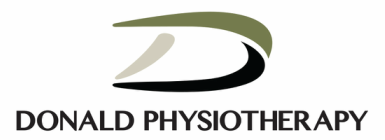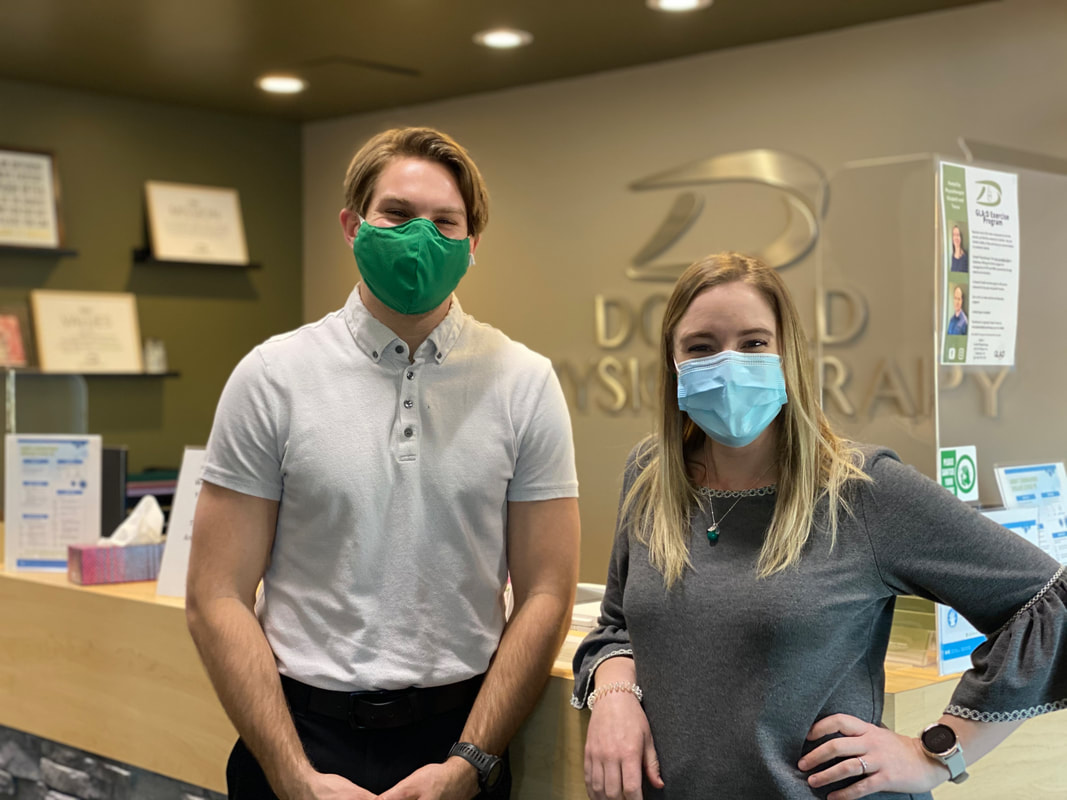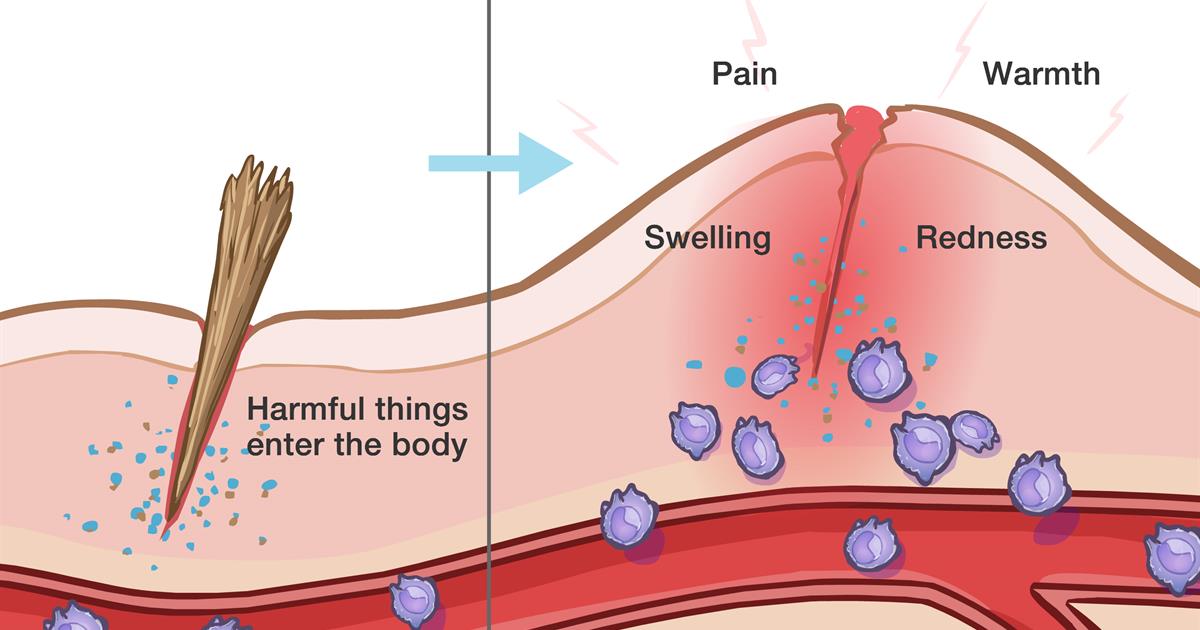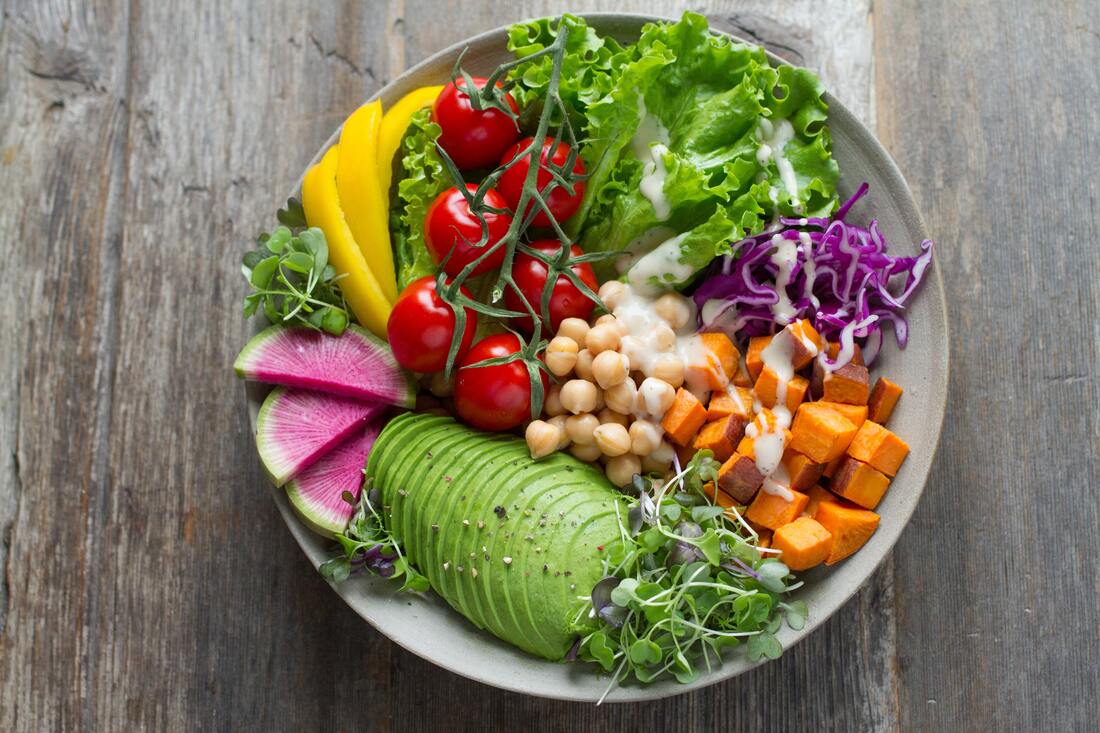One of the most fascinating things the body does is heal. When we exercise, we are putting stress on our soft-tissues and challenging them to respond. When the stress exceeds our body’s ability to respond, the tissue will fail and an injury will result.
When the tissue does fail and an injury has occurred, the body goes into repair mode. One of the key indicators that a tissue is undergoing repair is the presence of inflammation.
What is Inflammation?
The body releases inflammatory mediators that dilate the blood vessels around the injury site which leads to immune cells reaching that area faster due to the increased blood flow.
This is one of the ways we can determine that an injury has taken place due to the hot, red and swollen presentation of the tissues. This phenomenon is a natural process that the body uses to heal itself.
However, there are times when our immune system overreacts to certain non-threatening stimuli or gets inefficient at regulating its own immune responses. This is termed chronic inflammation.
Chronic inflammation is usually present in individuals who have chronic stress, and it has been linked to the progression of many diseases such a:
- diabetes,
- cancer,
- irritable bowel syndrome (IBS),
- arthritis and
- obesity.
What can we do?
In physiotherapy, we always talk about "pieces of the pie".
Our focus is usually guided towards an individual's physical health through the means of:
- exercise,
- movement,
- manual therapy and/or
- education.
However, these things are only one piece of the pie.
Two other major components of an individual’s health is their:
- sleep and
- diet.
We can exercise and move all that we want to but if we do not get enough sleep or are consuming an unhealthy diet, our body will not adapt to the physical stresses that we are placing on it. Further, the body will be more efficient in its healing when we remove the things that are getting in the way, such as chronic inflammation.
As stated before, the inflammatory response that a body has is natural and necessary for healing but when this inflammation lingers for a greater period of time than is necessary, it becomes a problem and can lead to significant issues such as chronic diseases. Therefore, we need to ensure that we maintain an environment for our body that optimizes its ability to respond to threats and begin healing, and one of those ways is to reduce the inflammation in our body. Although our favorite way to address these issues is through physical activity, consuming foods that are anti-inflammatory can be significantly beneficial to maintaining adequate function.
Listed below are a few general eating tips that can help reduce or prevent inflammation!
- Choose foods that are nutrient dense (foods with a high amount of nutrients but low in calories)
- Leafy greens: spinach, kale, broccoli
- Whole grains: wheat, corn, quinoa, barley
- Fruits: blueberries, strawberries, pomegranates
- Oily fish rich in Omega-3's
- Lean meats
- Low-fat dairy products such as yogurt and milk
- Choose foods high in fibre
- Fibre is mainly found in whole grains, fruits and vegetables
- Phytonutrients found in many fruits and vegetables are anti-inflammatory
- Choose foods low in saturated fats and sugar
- Saturated fats are mainly found in animal products and palm or coconut oil
- Find protein sources that are low in saturated fats such as lean meat, poultry, fish or other plant -based protein such as lentils, nuts and legumes
- Cut out processed foods
- Processed and fast foods have high energy densities where most of the water is removed so that their shelf life is prolonged.
- Processed foods are ready to eat or drink, not satiating and addictive which leads to overconsumption, obesity and chronic inflammation
The bottom line is that inflammation is a natural process, but if it persists for longer than the tissue injury's normal healing time, then it is no longer beneficial.
Along with physical activity and sleep, proper nutrition is essential in ensuring your body is functioning at its maximal capacity and can respond to the many stresses that life brings.
The strategies outlined above are good tips for starters, but there are numerous qualified Register Dieticians in Saskatoon and area who can provide professional advice on maintaining a healthy, balanced diet that limits inflammation in the body.
If this is something you would like to know more about, visit the team at Donald Physiotherapy and they can point you in the right direction!
Kyle Siemens - MPT student
Stone WL, Basit H, Burns B. Pathology, Inflammation. [Updated 2020 Dec 4]. In: StatPearls [Internet]. Treasure Island (FL): StatPearls Publishing; 2021 Jan-. Available from: https://www.ncbi.nlm.nih.gov/books/NBK534820/
Pahwa R, Goyal A, Bansal P, et al. Chronic Inflammation. [Updated 2020 Nov 20]. In: StatPearls [Internet]. Treasure Island (FL): StatPearls Publishing; 2021 Jan-. Available from: https://www.ncbi.nlm.nih.gov/books/NBK493173/





 RSS Feed
RSS Feed